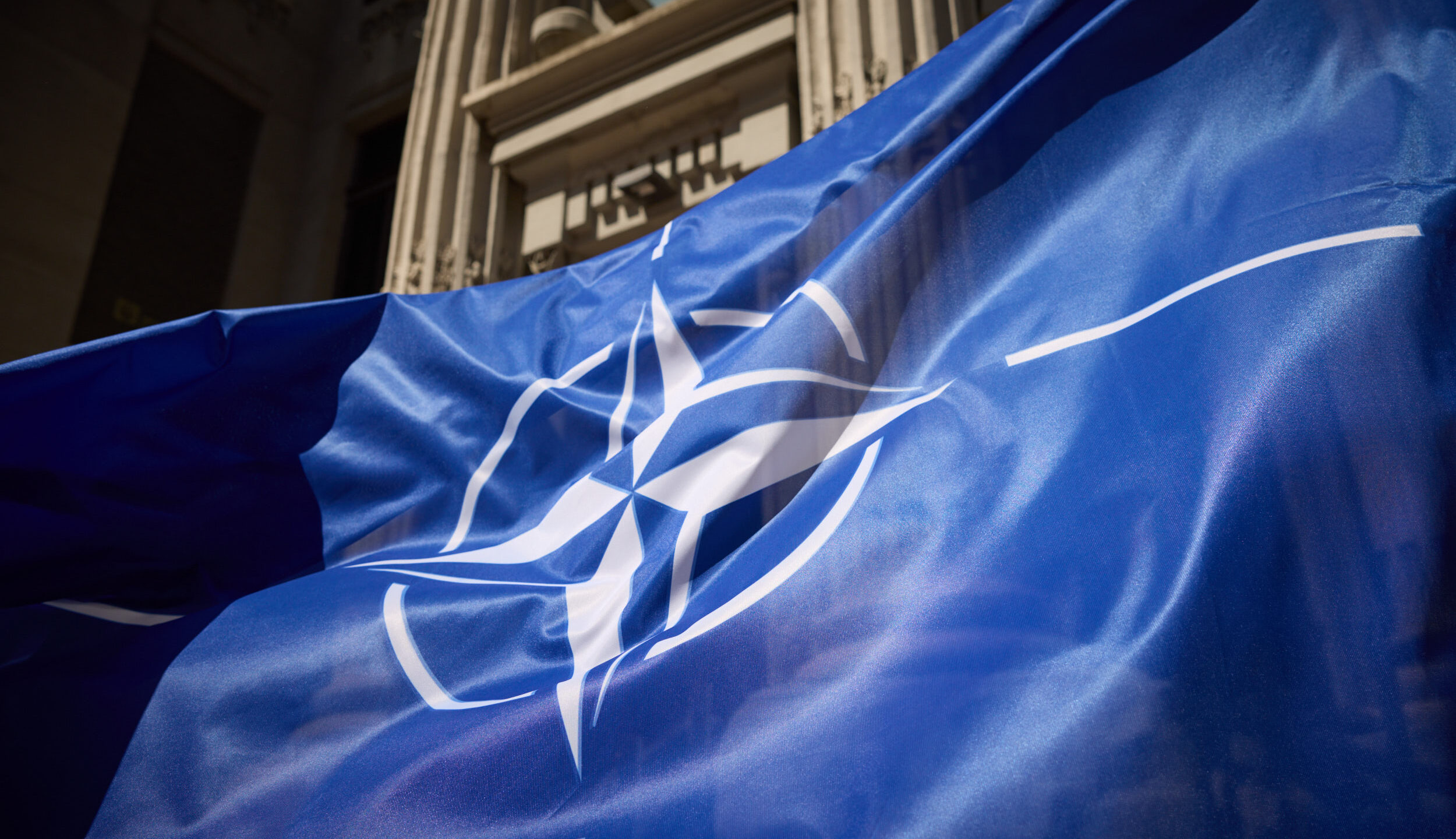
If the Trump administration truly intends to rebalance the relationship with Europe—and to assign it a more proportionate place within American foreign policy—it cannot rely on narrow deals that merely tweak or seek to circumvent existing structures. Instead, it must tackle the basic premises of transatlanticism head on. To do so requires an understanding of the three fateful choices made at NATO’s founding: prioritizing Europe at the expense of the Americas, institutionalizing the military rather than the economic component of the transatlantic relationship, and embedding a regional alliance within a universalist ideological framework. Each decision came with immediately apparent downsides. All have resulted in mounting difficulties in recent years. Until the original premises of transatlantic policy are reconsidered, the relationship will continue to suffer from the same fundamental problems.
Fortunately, the Trump administration can take steps to address past mistakes and set the transatlantic relationship on a new course. First, Trump should follow through on his commitment to refocus U.S. foreign policy on America’s near abroad, pulling back from Europe and avoiding the hard “pivot to Asia” that previous administrations have pledged. Second, his national security team should insist that NATO confine its activities to the Euro-Atlantic region. Finally, the Trump administration should shift the transatlantic relationship from one based on military cooperation to one centered on economic engagement and technology. The continent would remain an important American partner, but it would no longer be a drain on American resources.
More on Europe
Featuring Daniel Davis
September 25, 2025
Featuring Daniel Davis
September 15, 2025

September 12, 2025

Featuring Jennifer Kavanagh
September 11, 2025
Events on NATO





